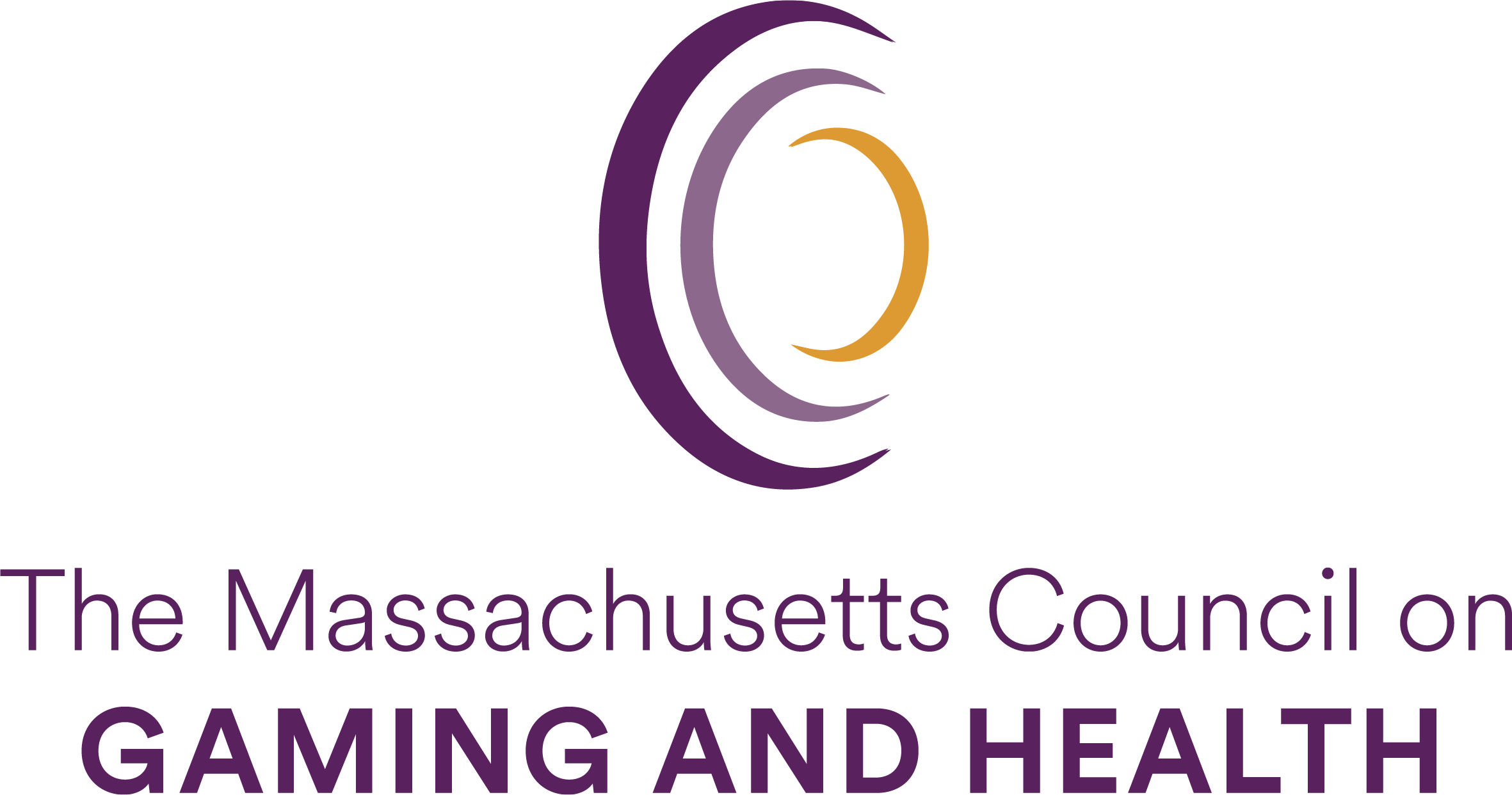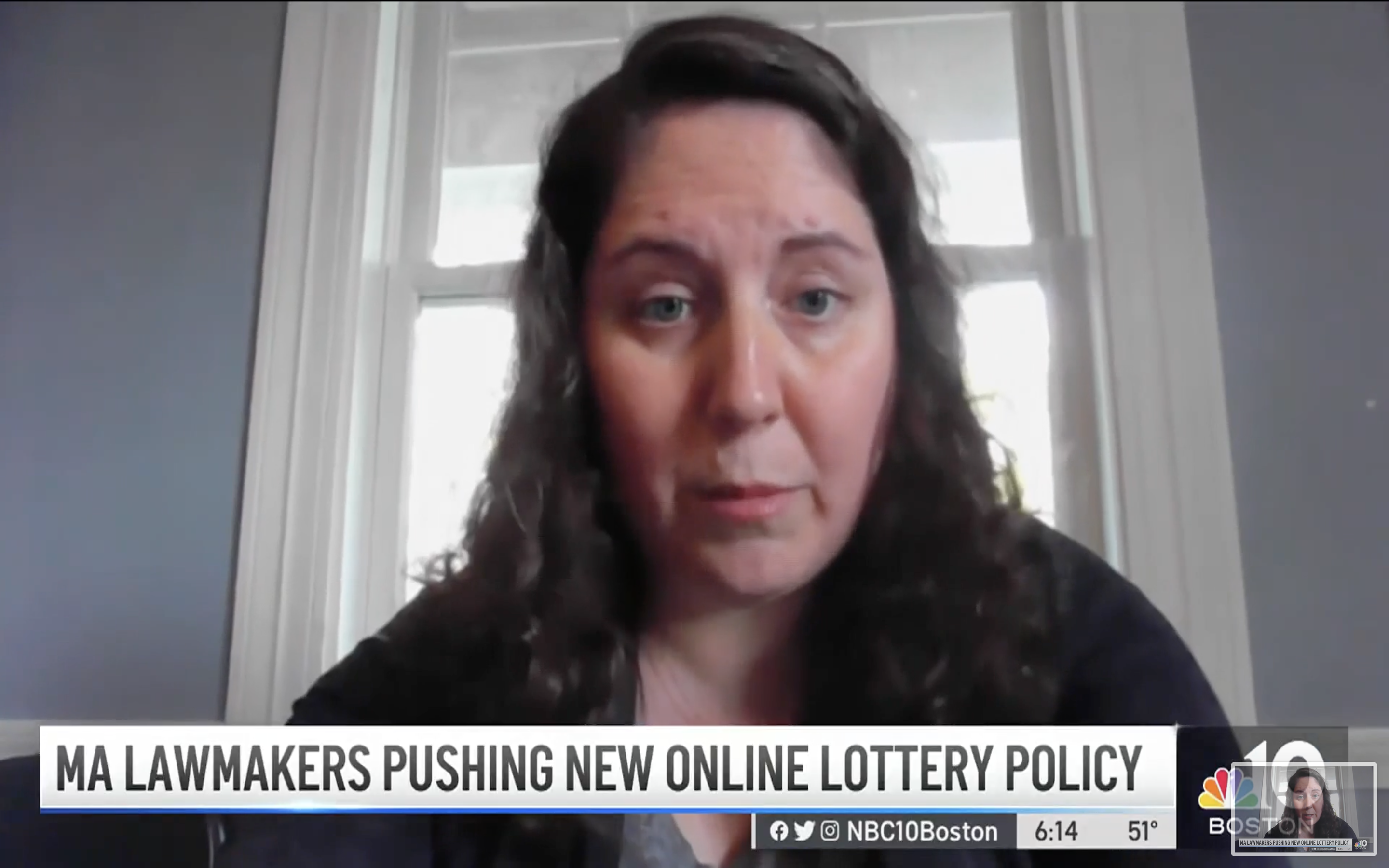Urges lawmakers to proceed with caution on state legalization, prioritize protection of people with or susceptible to gambling disorder
NORWOOD – Monday, May 18, 2018 — The following is a statement from Marlene Warner, Executive Director of The Massachusetts Council on Gaming and Health on today’s Supreme Court decision ruling the federal ban on state-sanctioned sports betting unconstitutional.
“The Court’s decision today opens the door to one of the largest expansions of legalized gambling in recent history. Given how little research exists around sports betting, we at the Council strongly urge the Massachusetts legislature to keep the protection of those suffering from or at risk of developing a gambling disorder in mind as they decide whether to legalize sports betting in the Commonwealth.”
A recent study from researchers at UMass-Amherst, the Social and Economic Impacts of Gambling in Massachusetts, found that 2 percent of the Massachusetts population meets the criteria for problem gambling while 8.4 percent of the population is considered to be at-risk. Today’s ruling opens the door to state-by-state legalization of sports betting, a potentially massive expansion of legalized gambling. In anticipation of the decision, numerous state legislatures across the country had begun considering measures to legalize sports betting.
Massachusetts lawmakers are discussing various expanded gambling proposals, including I-Lottery and online gambling and sports betting. This is in addition to the opening of two additional casinos opening this year and next in Springfield and Everett.
The Council is urging lawmakers to include in any new gambling-related legislation the following provisions to mitigate harm against those who may have or develop gambling disorder:
- Individualized tools to limit gambling. The state should provide guidelines on the amount one should reasonably gamble over certain periods, and allow consumers to set their own more restrictive limits. All products should allow for self-exclusion.
- Strong advertising restrictions. Advertising should go through rigorous review and never target underage persons. Advertising should also include accurate information about the odds of winning/losing so people understand the risks.
- Designated funding stream for prevention, treatment and recovery services. If we are going to legalize new type of gambling, we must adequately fund addiction services.
- Research. A comprehensive and well-funded research agenda that analyzes the trends and play of all players. At this time little to no research exists around sports betting or online gambling.
- Education information. Every product, including online, should have prominently placed problem gambling information and access to help services (such as a hotline). Players should be provided with records of their gambling history and funds utilized. These act as both a deterrent and educational tool.
If you are concerned about a loved one’s gambling, we understand the problem and we can help. Call our confidential, 24-hour helpline 800-426-1234
About Mass. Council on Compulsive Gambling The Massachusetts Council on Gaming and Health offers programs to prevent problem gambling, connect the public with treatment and intervention services and support those in recovery and their families. Among the services it provides is a 24-hour problem gambling support helpline, prevention programs in schools, recovery services, and numerous other programs across the Commonwealth. The Mass. Council does not take a position in favor or against legalized gambling.
###




